Green
funding Peep training and delivery
Government funding is available across the UK to provide focused support for young children, particularly those who are eligible for free school meals (or equivalent), to help close the attainment gap. All Peep Training courses will increase practitioners’ confidence, knowledge and skills in working with parents (as well as children) to support the home learning environment and improve children's outcomes.
In England, some funding is via the Early Years Pupil Premium (EYPP). This is additional Department for Education (DfE) funding for early years settings in England, to improve the education they provide for 3- and 4-year-olds who are eligible for free school meals (or equivalent). Local guidance is provided on each county council's website. It is up to each setting how you spend the money - it can benefit all children in the setting but has to have a main focus on the needs of the EYPP children.
DfE research indicates the main ways in which Early Years providers have been using the funding: to support communication and language, personal social and emotional development (PSED), literacy and numeracy, and/or physical development and outdoor play. They are doing this through additional staff time for EYPP children, buying resources, staff training, and engaging parents to support home learning.
In Wales, the equivalent funding is via the Early Years Pupil Development Grant (EYPDG). The guidance explains that the main purpose of the funding is to improve the quality of settings/ classrooms and teaching, and that ways of doing this include: training and supporting staff on the importance and role of family engagement; making home links to encourage activities to support early language and numeracy skills, or developing children’s independence skills, self-regulation, healthy eating etc; and developing partnerships with parents/carers, families and communities.
The government is also funding the Family Hubs and Start for Life programme in 75 local authorities in England - you can read more about how Peep can support the work of Family Hubs and the home learning environment.
Feature box colour:
find out more or book training
tel 01865 397 970
training@peeple.org.uk
> in-house training
> training courses
> sign up to our e-newsletter
Side Quote Color:
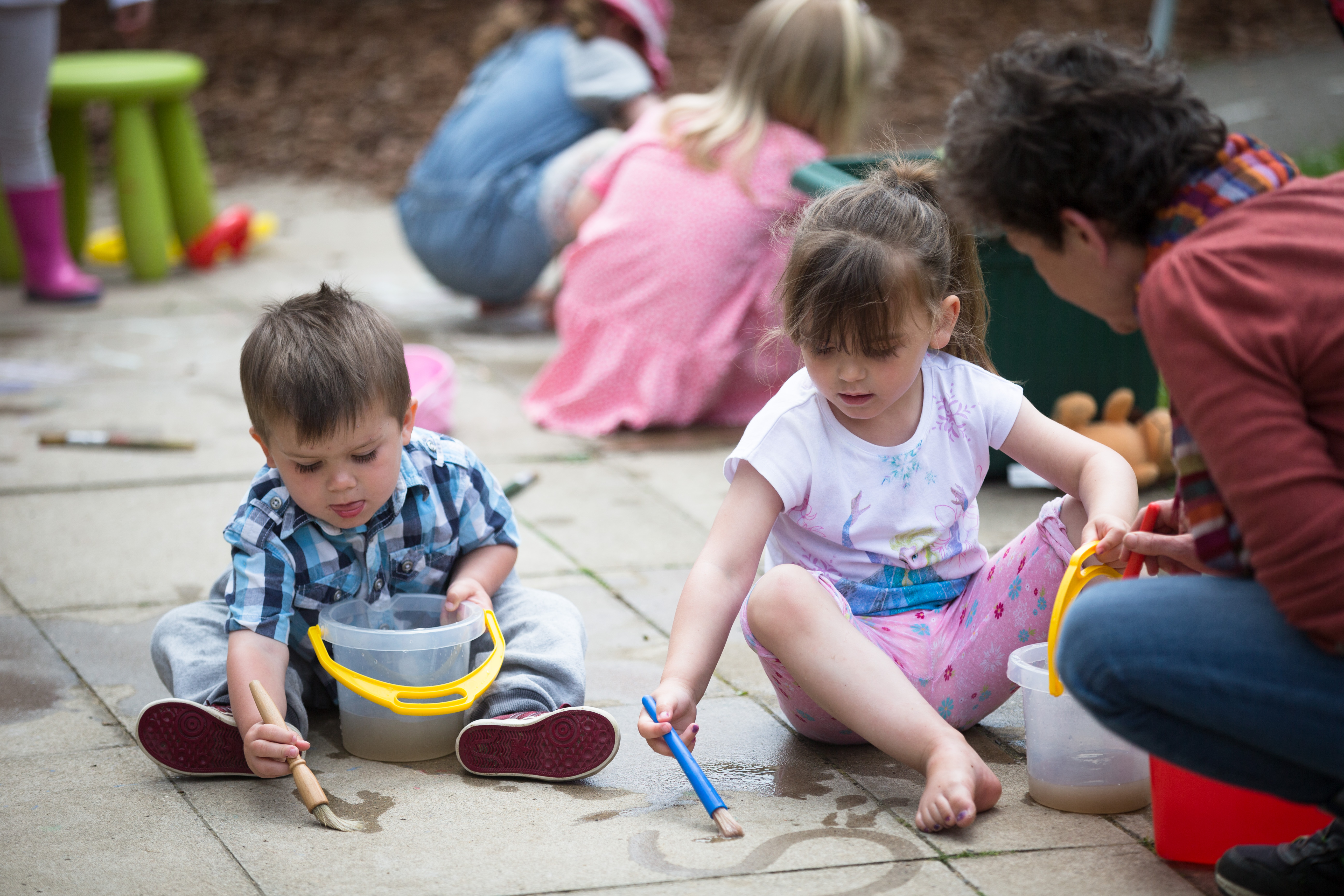
Pupil Equity Fund (Scotland)
The Peep Learning Together Programme is a strong fit to the priorities and intentions of the Pupil Equity Fund. The headings and highlighted terms below are taken from the National Occupational Guidance for the Pupil Equity Fund and Education Scotland’s Interventions for Equity.
According to Scotland's Education Secretary: “Closing the attainment gap remains our key long-term ambition. We are increasing our investment to £1 billion over this parliamentary term to support education recovery and improve outcomes for children and young people impacted by poverty", which includes the Pupil Equity Fund. Head teachers "can decide how best to invest this to support disadvantaged pupils in their schools."
Feature box colour:
For further information about the Pupil Equity Fund and Peep, or to arrange an informal chat, please email info@peeple.org.uk or call the Scotland office on 07767 169539
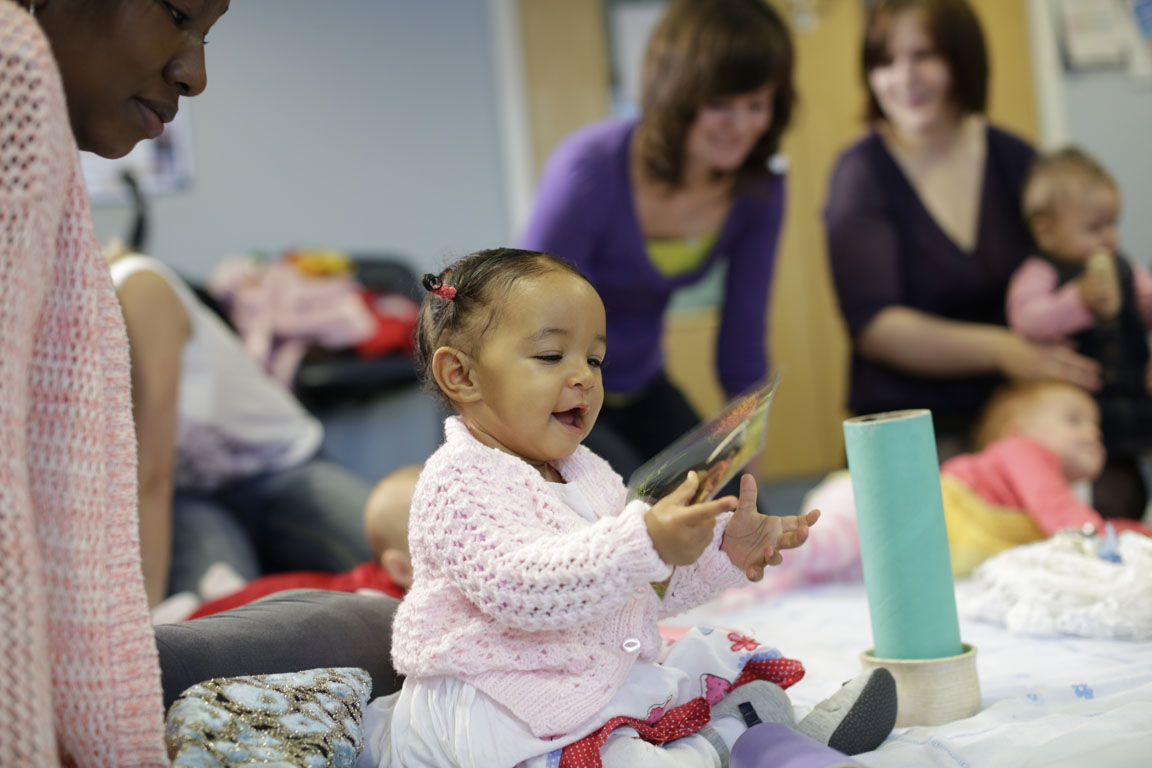
Side Quote Color:
multi-agency peep in Dundee
'Peep questionnaires completed by Peep parents consistently demonstrate an increase in confidence, mark making, book sharing, singing and play with letters and numbers for a significant number of participants.' - Dawn Banks, Peep Coordinator, Dundee City Council
In Dundee both Peep delivery and strategic planning is done by a range of agencies. These agencies share their knowledge and skills to provide the best experience, and outcomes, for parents and children. This way of working also provides ongoing professional learning for all involved in the planning and delivery of Peep in Dundee.
Over the last five years, 75 Dundee practitioners have been trained to deliver the Peep Learning Together Programme: 62 from the children and families service (58 from Education/nursery settings, the others from the Bilingual pupil support service or Social work) and 13 from Adult learning, Leisure & culture, or the voluntary sector. Seven have also completed Peep Antenatal Training.
The Peep strategic group has representatives from each of these sectors, who meet quarterly to co-ordinate the delivery and monitoring of Peep programmes in the city, to plan and review actions to improve Peep delivery, to facilitate opportunities for partnership working and to share good practice. You can see some of the parents’ feedback on the left.
Parents in Dundee are able to complete Peep Progression Pathway units. Currently 8 multi-agency Peep practitioners are trained to deliver and assess the units. Five others internally verify the parent portfolios. So far nine parents have successfully completed a Peep Progression Pathway unit, and others are working towards it.
In 2016, Dundee City Council completed a Training and Support Agreement with Peeple. This allows their local authority to train their staff to become Peep practitioners at a reduced rate, using their own trainers, and cements a relationship of support between Dundee City Council and Peeple.
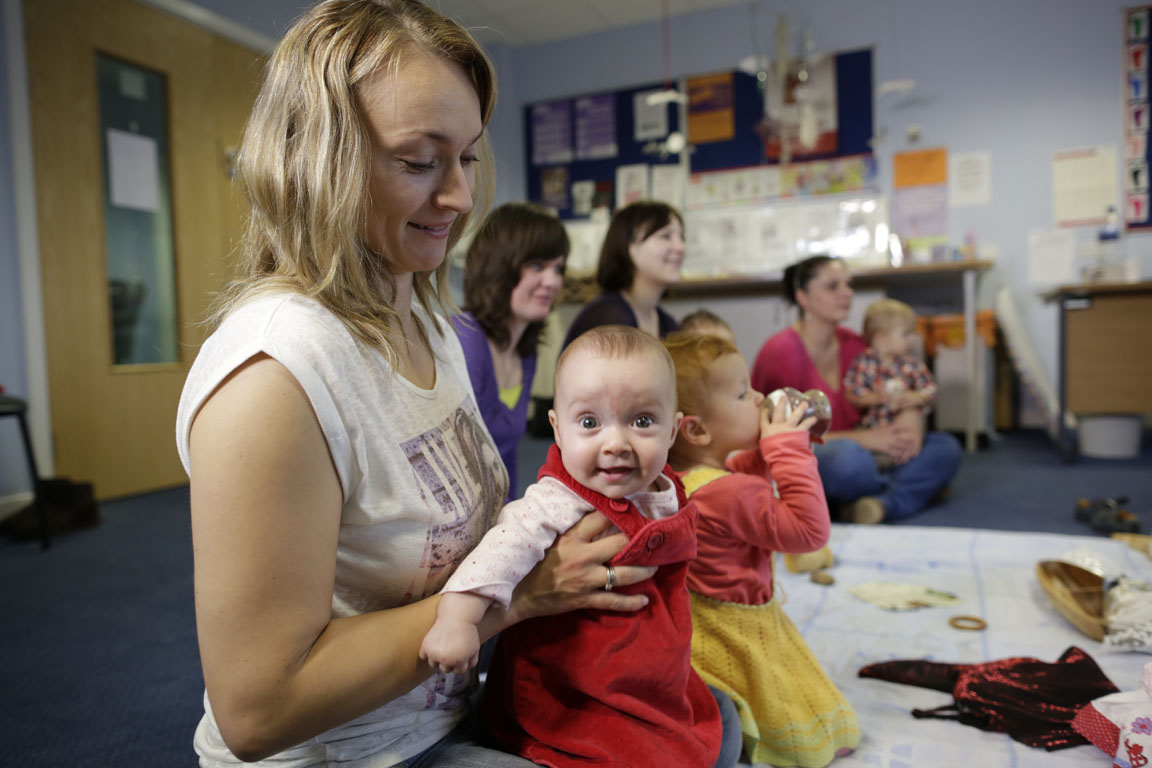
Feature box colour:
Comments from Peep parents/carers:
“Peep offers understanding of your child’s behaviour and stages and solutions for helping them and yourself deal with them”
“Peep has given me advice when struggling with certain things and confirmed when doing something right”
“Yes (Peep has made a difference) it has made my eldest son aware of what goes on around him. He is very observant now. He is making friends, having new experiences. I have learnt to give my son time to himself, whether it is to watch, play alone or with others. Let him make his own decisions when he wants”
“Yes (Peep has made a difference) nice going to sessions, doing different things together, getting lots of ideas”
“We enjoy the sessions and the environment and I think attending such a class together reminds me, or refocuses me, on learning through play and small ways I can use play to help my son develop”
“Peep is a way of reinforcing natural parenting and finding pointers and asking for advice as and when issues arise”
“We do all of the activities most days. Since joining Peep I pay closer attention to what my children are gaining from these activities”
Side Quote Color:
family learning and employability with peep in Derby
The Peep Learning Together Programme (LTP) has been delivered in Derby since the introduction of Sure Start Children’s Centres in 2001. The council took the decision to train all of their Children’s Centre workers as Peep practitioners, and have successfully embedded the approach in their Children’s Centre early years provision.
The LTP and the Peep Progression Pathway (parent accreditation) support parents to develop skills and competencies which contribute to their employability and long-term career goals. Through their Peep group, Derby parents can create and submit a portfolio of work which enables them to attain an Entry Level 3, Level 1 or Level 2 NOCN Certificate in ‘Supporting Early Learning at Home’, as part of the Pathway.
The Learning and Work Institute (L&W) is an independent policy and research organisation dedicated to promoting lifelong learning, full employment and inclusion. In 2015/16 they worked with three Family Learning providers, including Peeple and Derby Peep, to develop, pilot and evaluate wider Family Learning models which would:
- increase the employability of parents,
- equip parents to support their children’s learning and development,
- contribute to improving local partnerships and joined-up working between services.
Their report was funded by the Department for Business, Innovation and Skills, and we've included extracts from the Peep elements of the evaluation below the video clip.
> Follow the link to download the L&W report: ‘Increasing the Employability of Parents/Carers’, which presents the findings of the pilot evaluation (including a Derby Peep case study) with key recommendations for policy and practice.
> You can watch a 3 minute video featuring parents and practitioners talking about Peep and family learning who were involved in the project.
‘Peep has given me a new light into how my daughter learns and also how much fun it is to join in with your child’s play.’
Feature box colour:
Side Quote Color:
multi-agency case studies
Joint Peep delivery happens around the country (and beyond) with various combinations of: education, childcare, health, family support, community learning and development, social work, voluntary sector, leisure, prison, etc. Several local authorities use Peep as part of their strategic plan to work with parents to support children's learning and school readiness.
Follow the links for examples of how Peep is being used in this multi-agency way:
> Early Years-led Peep in Benalla, Australia - practitioners from the voluntary sector, education and health, and links with family services, specialist health services, and micro-finance services.
> Education-led Peep in Dundee - practitioners from education/nursery settings, bilingual support service, social work, adult learning, leisure and culture, and the voluntary sector.
> Health and community learning-led Peep in Edinburgh - midwives, health visitors, community learning and development workers and voluntary sector workers.
> Family support-led Peep in Galway - working with families including those from traveller and EAL communities, and professionals from childcare, parent and toddler groups, family support, Home-Start, vocational education committee, home school liaisons and school completion projects.
> Educational psychology-led Peep in Stirling - family support workers in Health and Education, Early Years’ Educators from nurseries, practitioners from Homestart and the Learning & Employability team.
> Peep in high schools in Moray - health and home school link workers, families and pupils (developing the young workforce)
> Family Learning & employability in Derby - stepping stones into learning and work with the Peep Progression Pathway: NOCN certificate in 'Supporting early learning at home'
> Children's social work and family & community support in Aberdeen - a multi-agency, city-wide approach, led by Social Care.
> Using Peep in a museum in Oxford - Learning officers for families in the Ashmolean Museum extended their existing 'Little Ashmoles' sessions for toddlers and parents, and included elements of the Peep Learning Together programme with exploring aspects of the musuem, to deliver 'Baby Ashmoles' sessions within the Ashmolean.
Feature box colour:
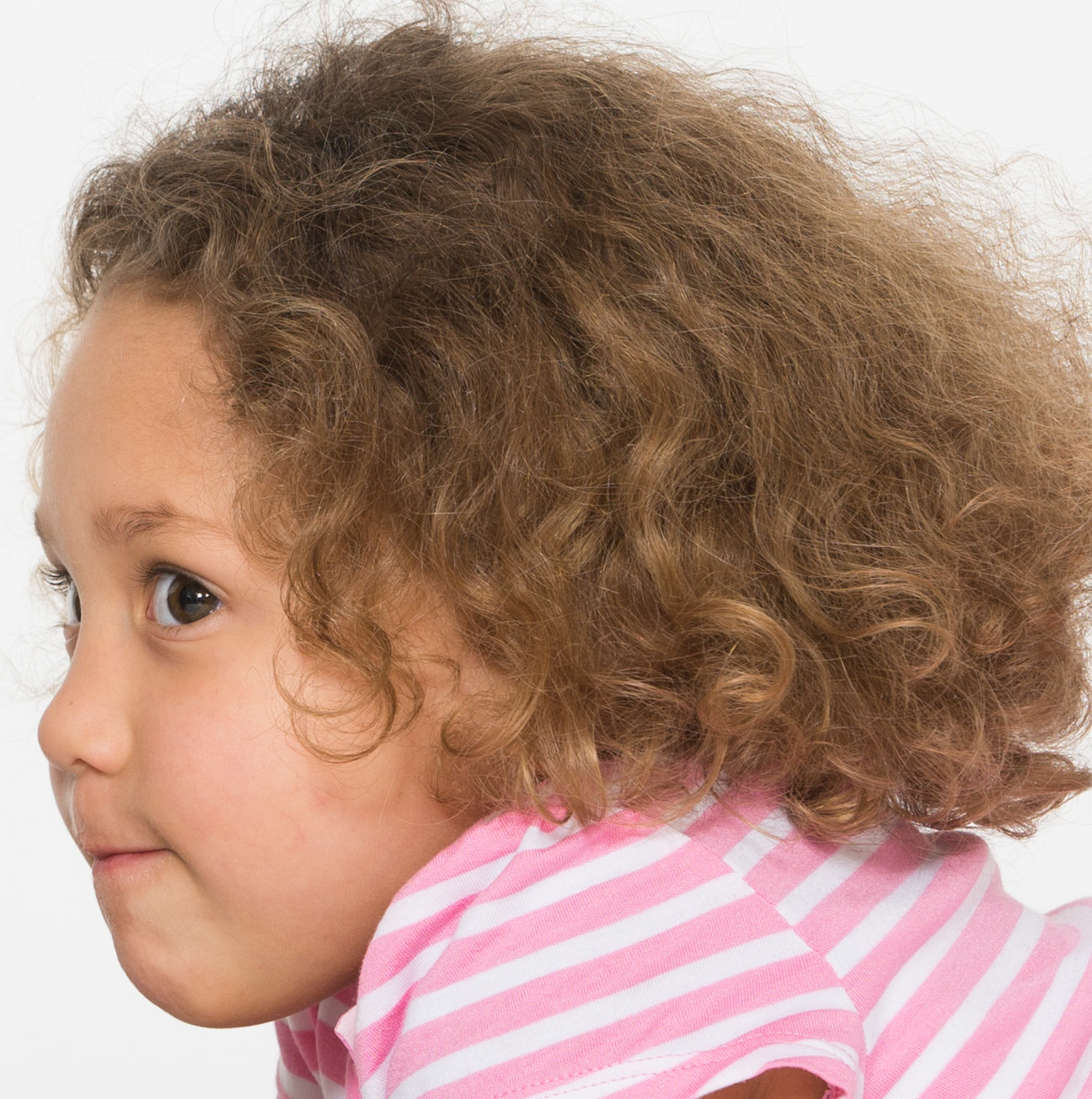
find out more or book training
tel 01865 397 970
training@peeple.org.uk
> dates & booking
> in-house training
> training courses
> sign up to our e-newsletter
Side Quote Color:
Early Years funding in England and Wales - how Peep fits
Government funding is available across the UK to provide focused support for young children, particularly those who are eligible for free school meals (or equivalent), to help close the attainment gap.
In England, some funding is via the Early Years Pupil Premium (EYPP). This is additional Department for Education (DfE) funding for early years settings in England, to improve the education they provide for 3- and 4-year-olds who are eligible for free school meals (or equivalent). Early years providers are any organisation offering education for children aged under 5, including nurseries and childminders. Local guidance is provided on each county council's website. It is up to each EY provider how you spend the money - it can benefit all children in the setting but has to have a main focus on the needs of the EYPP children.
DfE research indicates the main ways in which Early Years providers have been using the funding: to support communication and language, personal social and emotional development (PSED), literacy and numeracy, and/or physical development and outdoor play. They are doing this through additional staff time for EYPP children, buying resources, staff training, and engaging parents to support home learning.
In Wales, the funding is via the Early Years Pupil Development Grant (EYPDG). The guidance explains that the main purpose of the funding is to improve the quality of settings/ classrooms and teaching, and that ways of doing this include: training and supporting staff on the importance and role of family engagement; making home links to encourage activities to support early language and numeracy skills, or developing children’s independence skills, self-regulation, healthy eating etc; and developing partnerships with parents/carers, families and communities.
Peep training courses for practitioners that help narrow the gap and support EYPP and EYPDG children
All Peep Training will increase practitioners’ confidence, knowledge and skills in working with parents (as well as children) to support the home learning environment. Peep Learning Together Programme Training is a 2-day course. It includes online access to the Learning Together Programme, which focuses on 5 developmental strands: Communication and Language, PSED, Health & Physical Development, Early Maths and Early Literacy. Trained practitioners can focus on topics from any of these strands.
peep resources
These can be used with or by families, and can be ordered from our website shop:
- Singing Together CDs/ audio downloads, and Singing Together in Urdu & Punjabi
- Peep the parrot storybook and Stories and songs in Punjabi and Urdu CD/MP3/ book
- Learning Together Programme folder (for trained practitioners to use in your work with families)
using your Early Years Pupil Premium (EYPP) - how Peep training can support your school or setting
Feature box colour:
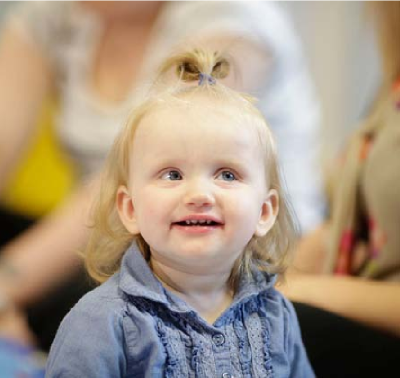
find out more or book training
tel 01865 397 970
training@peeple.org.uk
> dates & booking
> in-house training
> training courses
> sign up to our e-newsletter
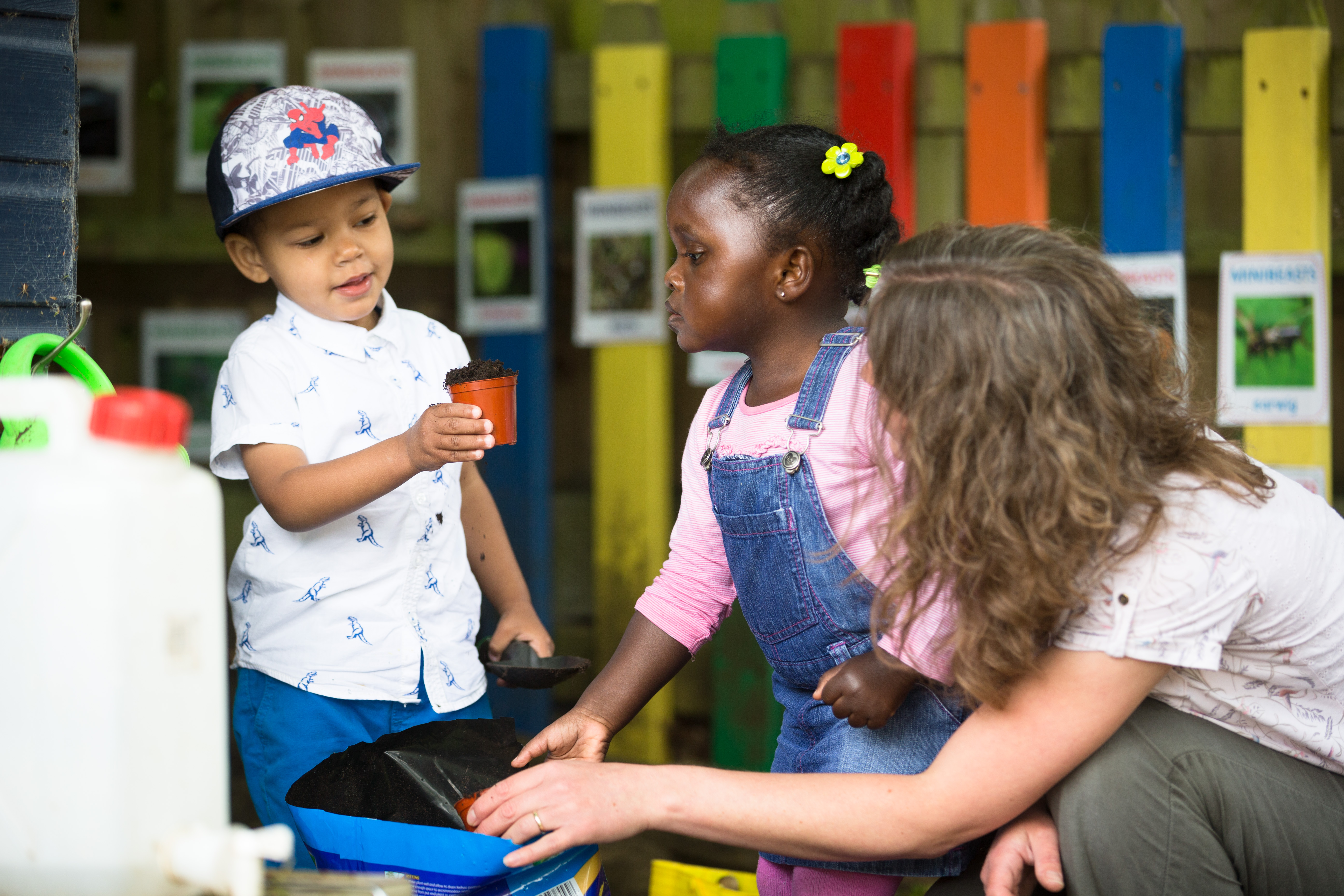
Side Quote Color:
delivery charges & payment info
delivery charges
These charges are for destinations within the UK. Please contact us about charges for other destinations.
|
Total value of order: |
Upto £20 |
£21 - £40 |
£41 - £100 |
£101 - £200 |
£201 - £500 |
Over £500 |
|
Delivery charge (incl vat): |
£2.40 |
£4.80 |
£7.00 |
£10.00 |
£15.00 |
Free |
note regarding vat
All items are zero rated for vat, apart from ‘Singing Together in Urdu and Punjabi’, whose price includes vat at 20%.
payment methods
We accept payment in the following ways:
- Credit card (click the Paypal option - you don't need to have or create a Paypal account)
- Paypal
- Bank transfer (e.g. BACS or online banking) - we'll email you an invoice with our bank details.
- Cheque - made payable to Peep Learning Ltd (please use the downloadable Resources order form for this)
get in touch
If your organisation wants to buy 20+ copies of anything for the families you work with, then get in touch to discuss a discount. You can also contact us on the following number or email with any other questions about these resources:
email: sales@peeple.org.uk tel: 01865 397978
Peep Learning Ltd – selling books and other learning resources on behalf of the charity Peeple
Peeple is an independent charity which supports parents and children to learn together. Registered charity no. 1144975 in England & Wales and no. SCO44031 in Scotland, and company limited by guarantee in England & Wales no. 07514469.
Peep Learning Ltd is the trading subsidiary of Peeple. Registered company no. 4089209. vat reg. no. 768 4173 94.
Registered address (both Peep Learning Ltd and Peeple): The Peeple Centre, Littlemore, Oxford OX4 6JZ
Feature box colour:
Side Quote Color:
peeple education and childcare policies
You can download Peeple Early Education and Childcare policies below by clicking on the links, or see signed copies in Little Peeple Nursery. These explain what we do in each of these situations. Some general Peeple policies also apply to Little Peeple Nursery, such as the Safeguarding policy - you can find them on the Peeple policies page.
The polices are reviewed every year, and updated as necessary. If you would like to discuss anything, in confidence, then please contact Lindsey Hart, Peeple Early Education and Childcare Manager, on 01865 397972 or email lindsey.hart@peeple.org.uk.
Feature box colour:
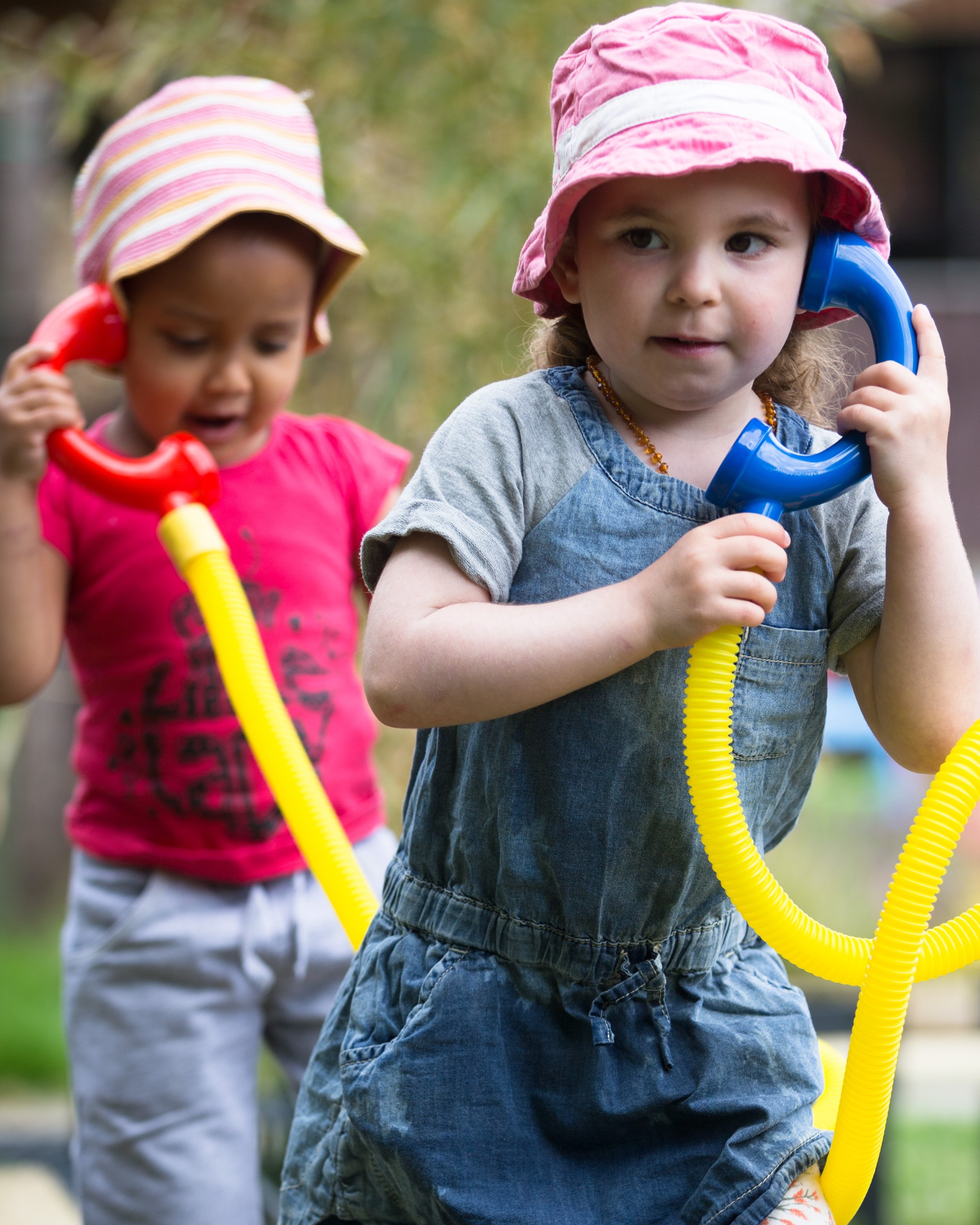
Side Quote Color:
peep transition into school - edinburgh
increasing parental engagement in children's learning
Update from Soozin Rogers, Community learning and development worker, Edinburgh
We wanted to increase our parental engagement within our Primary School, so we began Peep sessions for parents and children together. Peep provision in our school is a partnership between Community Learning and Development (CLD) and the school, specifically the early years practitioner based in the nursery. Parents say that their engagement with Peep has not only strengthened their relationships, it has increased their knowledge of the impact they have on their children’s education and development.
overcoming barriers
We started off in a community hall close to the school, but once the group was running, the parents were happy to move sessions into the school building itself. School teachers and support staff popped into groups and established relationships with parents, carers and their children. This helped to support the transition into the school – important for parents as well as children! Parents felt less wary of the school environment, and more confident in approaching staff, as relationships had already been formed.
transition into school and community involvement
As a transition group focussing on 4-5 year olds, we link to the early literacy and numeracy programme of the nursery and school. This not only reinforces early literacy and maths with the children, it also supports the parents to build on this learning at home – we can all do the actions now! The parents are also more confident with their engagement in the school and the wider community. Many have progressed on to other groups within the school, and some have developed the school's parent council, the first in almost twenty years!! They say they feel more able to speak with the school and are more confident in engaging in school activities. Some have also got more involved in our local Community Centre, again joining activities and the management committee.
(see left for feedback from the group's parents)
transition peep
read about how 4-5 year olds and their parents in Edinburgh are using peep to help get ready for school
Feature box colour:
parent feedback - edinburgh transition peep
'The Peep group gives me lots of ideas about how to better support my daughter out with the school/nursery setting'
'It really helps to have the one to one interaction and time with my child as I don’t get to do this very often'
'I’ve learned not to be afraid to sign and join in and this has had a huge impact on my child’s confidence to do the same (modelling!)'
'It’s really helpful to have something to take away (information sheet) about what we’ve covered in the session so I can try things to do at home, otherwise I might forget'
'It’s made me think more about how I recognise and praise my child’s efforts to try doing different things at home'
'I feel more confident to support my child at home with what they are learning in nursery - if I didn’t come to Peep I might not know as much about what they learn in the nursery. For example, how the pupils are taught letters and why they are taught in that way.'
'The Peep group leader make you feel OK to ask any questions you want to'
Side Quote Color:
making the most of health centres in Moray
The North-East Scottish Moray coast is home to Baby Peep groups in Lossiemouth, Elgin, Buckie, Keith, Dufftown and Forres. Health visitors give a Peep leaflet to all parents during the primary visit, and last year over a hundred families attended. Most of the groups are led by community nursery nurses, who are part of the local health centre team and already have contact with nearly all local families. Peep delivery in the area has extended to become multi-agency, with volunteers, council and third sector staff also having completed Peep practitioner training.
An important element of Peep groups is the opportunity to meet other parents and make new social networks. This is especially so when becoming a parent for the first time and finding that existing friendship groups change, or in an area like Moray with both an RAF and an Army base, where it’s easy for Service families to feel isolated. The families all found that their Peep group helped extend their social networks, for both themselves and their children. By the end of the 8 week course, most parents were also singing and sharing books with their baby every day. They enjoyed recognising how their babies responded: making ‘happy’ squealing and giggling noises, maintaining eye contact and getting visibly excited, and trying to join in with some of the actions. Many parents also joined the library with their baby, as well as attending other groups such as baby massage and baby swimming.
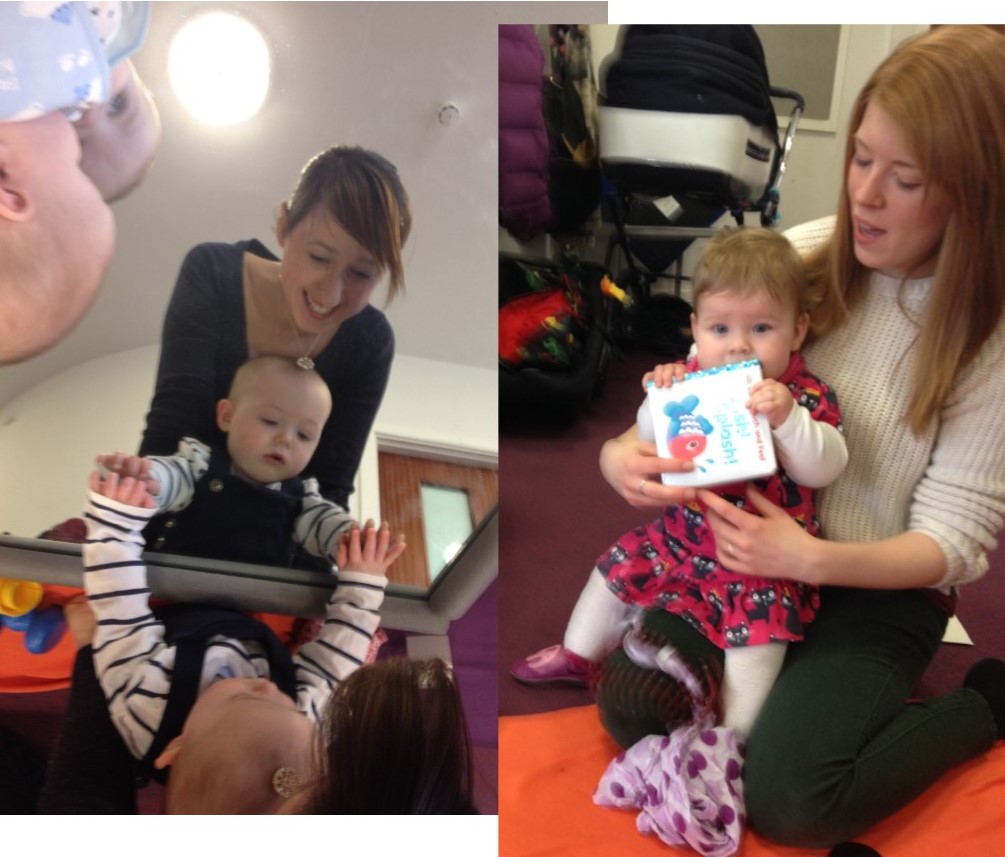
Feature box colour:
feedback from moray health visitors
'As health visitors we think that Peep is really good and benefits parent & baby/child. It helps parents see the simple things, and that their time and attention is what matters, rather than expensive toys. It's about going back to basics, going into your kitchen cupboard and using what's there. Peep is good for building bonds, and the time spent with baby is quality time. Peep makes parents more confident, we certainly get fewer phonecalls from Peep parents, and it helps them to do things that they maybe didn't experience in their own childhood.'
